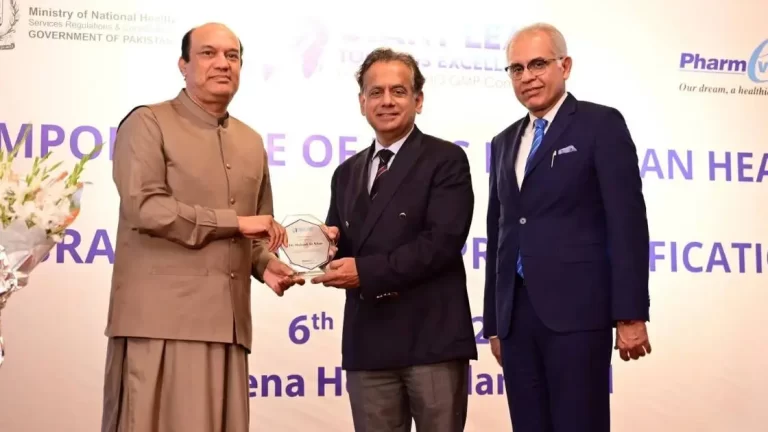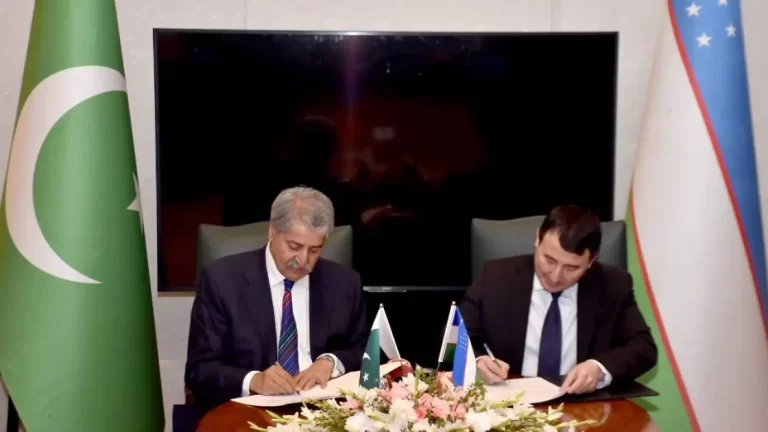Financial Challenges: Total Likely to Exit Pakistan
By Omed Hajjana
French oil giant Total is likely to exit Pakistan due to the poor investment-friendly environment in the country.
Shell firm has already announced to quit Pakistan.
The oil industry is currently facing several financial challenges like low margins on petroleum products and turnover tax.
It had even faced problems due to uncertainty in the dollar rate that had also contributed to financial challenges.
Market sources said that Total Parco was upset over the rising financial cost of doing business in Pakistan.
During a recent meeting held with the regulator and DG Oil, Total Parco along with other oil marketing companies had also taken up the matter of low margins on petroleum products.
Due to upset over the several financial challenges, Total is considering leaving Pakistan,” market sources said.
Hike in OMCs Margins
The oil industry has requested the government to raise their profit margins by more than 100%, citing various financial difficulties to survive their business in Pakistan.
It had raised issues of inventory maintenance, skyrocketing inflation, and increased borrowing from banks.
The oil industry is currently seeking an increase in margins on petroleum products from the current Rs6 per litre to Rs13.10 per litre.
Specifically, the industry is asking for a margin of Rs3.20 per litre to cover the costs of maintaining petroleum stocks for a 20-day period.
Oil companies are compelled to borrow from banks at interest rates between 22% and 23%, which amounts to Rs3.20 per litre.
However, despite the government’s initial agreement to raise the margins in July, the commitment has yet to be fulfilled.
Dealers have seen their margins increase to Rs7 per litre, but oil marketing companies have only experienced a raise to Rs6 per litre.
Additionally, the industry is grappling with losses resulting from exchange rate fluctuations, leading to calls for immediate resolution of this issue.
Pakistan State Oil has faced substantial loss in imports of petroleum products to uncertainty in exchange rates.
The oil industry has conveyed concerns to the oil regulator and the Director General of Oil.
During the meeting, Ogra and the Ministry of Energy (Petroleum Division) jointly hosted discussions on the challenges highlighted by the oil industry. Industry representatives expressed their concerns and submitted proposals to address the difficult business environment.
The issue of petroleum product smuggling from Iran was also raised, with assurances given that actions were being taken through local governments and the Federal Board of Revenue.
Ogra requested that the industry provide written proposals with supporting data, promising to consider the suggestions and raise the issues with the federal government.
Furthermore, the oil industry claims to have suffered a substantial loss of Rs35.88 billion due to the government’s artificial control of petroleum product prices.
This includes an estimated currency exchange loss of Rs32.6 billion in the second fortnight of February 2023, attributed to the government’s manipulation of oil prices. The industry also incurs a loss of Rs2.9 billion due to customs duty and Rs305 million due to low margins.
Industry players assert that the government has been violating the approved oil pricing formula by making verbal adjustments to oil prices. They highlight the reduction in duties on high-speed diesel (HSD) and petrol imports, which allegedly occurred through verbal instructions from Ogra.
The Chairman of the Oil Companies Advisory Council (OCAC), Waqar Siddiqui, had written a letter to the Minister of State for Petroleum, Musadik Malik, expressing concerns over the government’s artificial price adjustments.
Siddiqui stated earlier that the oil industry has suffered a loss of Rs35 billion as a result of these practices, and warns that the industry will struggle to meet the demand for oil if such adjustments persist.
Siddiqui points out that the government has not fully incorporated the revised margin of Rs6 per litre, approved by the Economic Coordination Committee, into the price of HSD. He estimates that the impact of these unjustified adjustments amounts to Rs35.88 billion, excluding the exchange losses from pending imports.
Considering the high global oil prices, the depreciation of the Pakistani rupee, increased charges for Letters of Credit (LC), challenges in establishing and retiring LCs, high markup rates, and high import premiums, the oil industry is currently facing severe financial constraints.
Siddiqui emphasizes the urgency of revising prices and scheduling a meeting with industry members to develop a mechanism for recovering exchange losses to ensure the survival of the industry and avoid supply chain disruptions.








